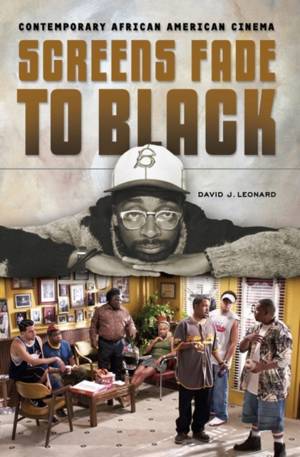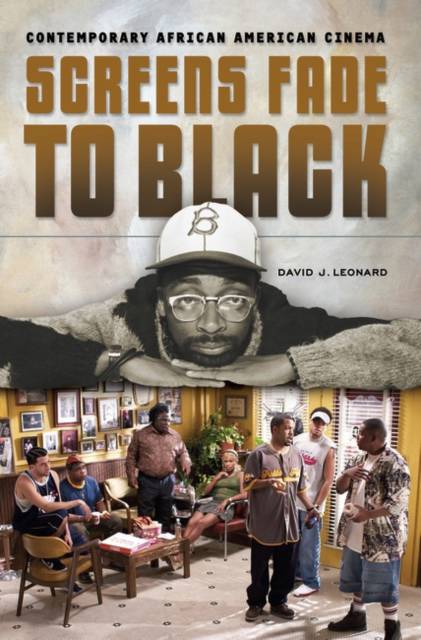
- Retrait gratuit dans votre magasin Club
- 7.000.000 titres dans notre catalogue
- Payer en toute sécurité
- Toujours un magasin près de chez vous
- Retrait gratuit dans votre magasin Club
- 7.000.0000 titres dans notre catalogue
- Payer en toute sécurité
- Toujours un magasin près de chez vous
Description
The triple crown of Oscars awarded to Denzel Washington, Halle Berry, and Sidney Poitier on a single evening in 2002 seemed to mark a turning point for African Americans in cinema. Certainly it was hyped as such by the media, eager to overlook the nuances of this sudden embrace. In this new study, author David Leonard uses this event as a jumping-off point from which to discuss the current state of African-American cinema and the various genres that currently compose it. Looking at such recent films as Love and Basketball, Antwone Fisher, Training Day, and the two Barbershop films--all of which were directed by black artists, and most of which starred and were written by blacks as well--Leonard examines the issues of representation and opportunity in contemporary cinema.
In many cases, these films-which walk a line between confronting racial stereotypes and trafficking in them-made a great deal of money while hardly playing to white audiences at all. By examining the ways in which they address the American Dream, racial progress, racial difference, blackness, whiteness, class, capitalism and a host of other issues, Leonard shows that while certainly there are differences between the grotesque images of years past and those that define today's era, the consistency of images across genre and time reflects the lasting power of racism, as well as the black community's response to it.Spécifications
Parties prenantes
- Auteur(s) :
- Editeur:
Contenu
- Nombre de pages :
- 232
- Langue:
- Anglais
Caractéristiques
- EAN:
- 9780275983611
- Date de parution :
- 30-06-06
- Format:
- Livre relié
- Format numérique:
- Genaaid
- Dimensions :
- 164 mm x 243 mm
- Poids :
- 526 g

Les avis
Nous publions uniquement les avis qui respectent les conditions requises. Consultez nos conditions pour les avis.






